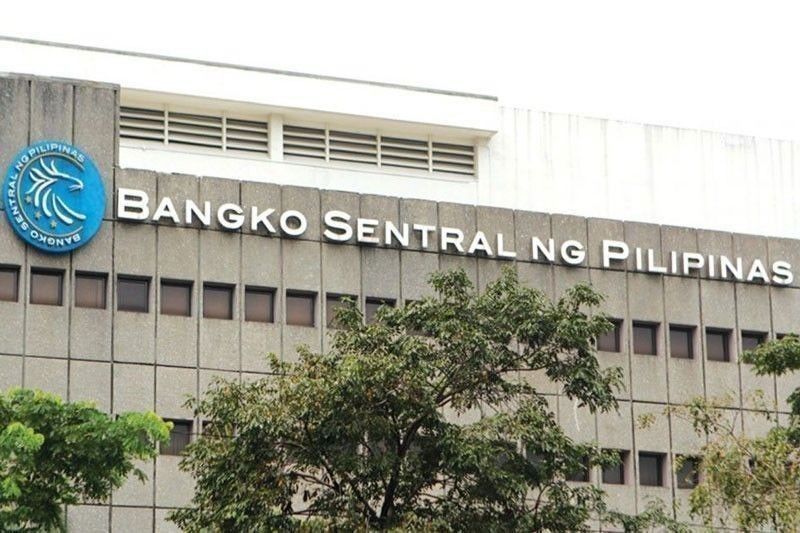BSP sees further rise in cryptocurrency transactions

MANILA, Philippines — Cryptocurrency transactions are expected to soar further this year after a five-fold increase in 2020 due mainly to the surge in the price of Bitcoins, as well as the broadening of regulations amid the evolving nature of the financial innovation, according to the Bangko Sentral ng Pilipinas (BSP).
The value of transactions processed by virtual currency exchanges (VCEs) amounted to P76 billion as of end-September last year, more than five times the P14.9 billion recorded in end-September 2019.
Melchor Plabasan, director of the BSP’s Technology Risk and Innovation Supervision Department (TRISD), attributed the dramatic growth primarily to the surge in the price of cryptocurrencies particularly Bitcoins.
Plabasan said the volume of transaction from January to September last year went up by nearly 36 percent to 7.2 million from 5.3 million in 2019 as the compelling use of virtual currency as an alternative store of value attracted more users in developing countries such as the Philippines.
“We also anticipate a continued increase in the adoption of virtual currencies in the payments and remittances sphere, as well as in the delivery of other financial services. This follows from an observed growth in virtual currency business activities from BSP-registered exchanges in the past few years,” he said.
Cryptocurrency is a digital or virtual currency that uses cryptography – a method of storing and transmitting data in unreadable form so that only the intended receivers can read and process it.
Bitcoin is the first and most popular cryptocurrency to date, introduced in 2009. After hitting a new all-time high of $57,300, the price of Bitcoins plunged sharply to below $45,000 last week.
Plabasan said the increasing trend is expected to continue as the country recovers from the impact of the COVID-19 pandemic and virtual currencies start to gain more traction.
Likewise, regulatory developments such as the issuance of the regulatory framework for Virtual Asset Service Providers (VASPs) broadens the scope of existing regulations in recognition of the evolving nature of this financial innovation and set out commensurate risk management expectations.
“The guidelines reinforce our commitment to provide an enabling regulatory environment while remaining sensitive to the attendant risks. Through this, we hope that this innovation can continue to support the country’s digital transformation initiatives and provide compelling technology solutions for Filipino financial consumers,” Plabasan said.
The Monetary Board approved the applications of seven VCEs last year including Finchain Technology, Philippine Digital Financial Assets Exchange, Moneybees Forex, i-Remit, WIBS PHP, Appsolutely, and TopJuan Tech.
This brought to 17 the total number of VCEs operating in the country. Others include ABA Global Philippines or Coex Star, ATOMTRANS Tech, Betur or Coins.ph, Bexpress, Bloom Solutions, Coinville Phils., Etranss Remittance International, Fyntegrate or Philippine Digital Asset Exchange (PDAX), Rebittance, and Zybi Tech.
For his part, BSP Governor Benjamin Diokno said cryptocurrency is not a form of currency as it could not function as either a medium of exchange or unit of account given its volatility.
“I want to clarify that cryptocurrencies are not really currencies, as they are more appropriately referred to as virtual assets,” Diokno said.
Diokno said the BSP has issued the regulatory framework for VASPs through Circular 1108 on Jan. 26, classifying these entities as money service businesses (MSBs) that are subject to the regulatory authority and examination powers of the BSP.
When virtual currencies were starting to grow in the Philippine market, the BSP issued an advisory in 2014 to inform the public of the features, benefits and attendant risks when dealing with virtual currencies.
In 2017, the BSP established the formal regulatory framework for VCEs following the rise in the use of virtual currencies for payments and remittances in the country.
The BSP earlier cautioned banks and financial institutions in dealing with MSBs particularly those involved in virtual currencies including Bitcoins.
- Latest
- Trending






























